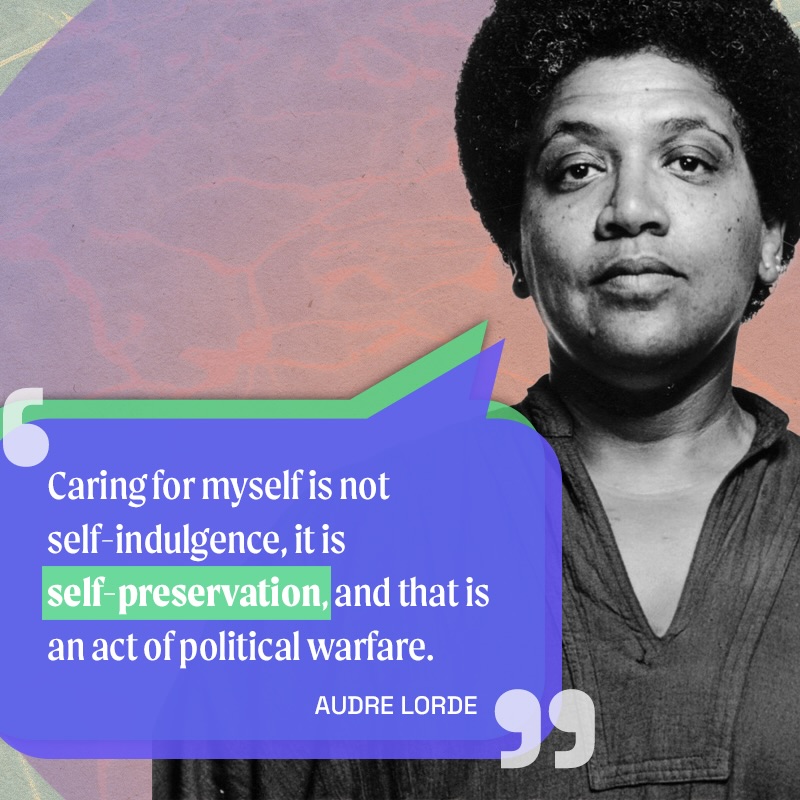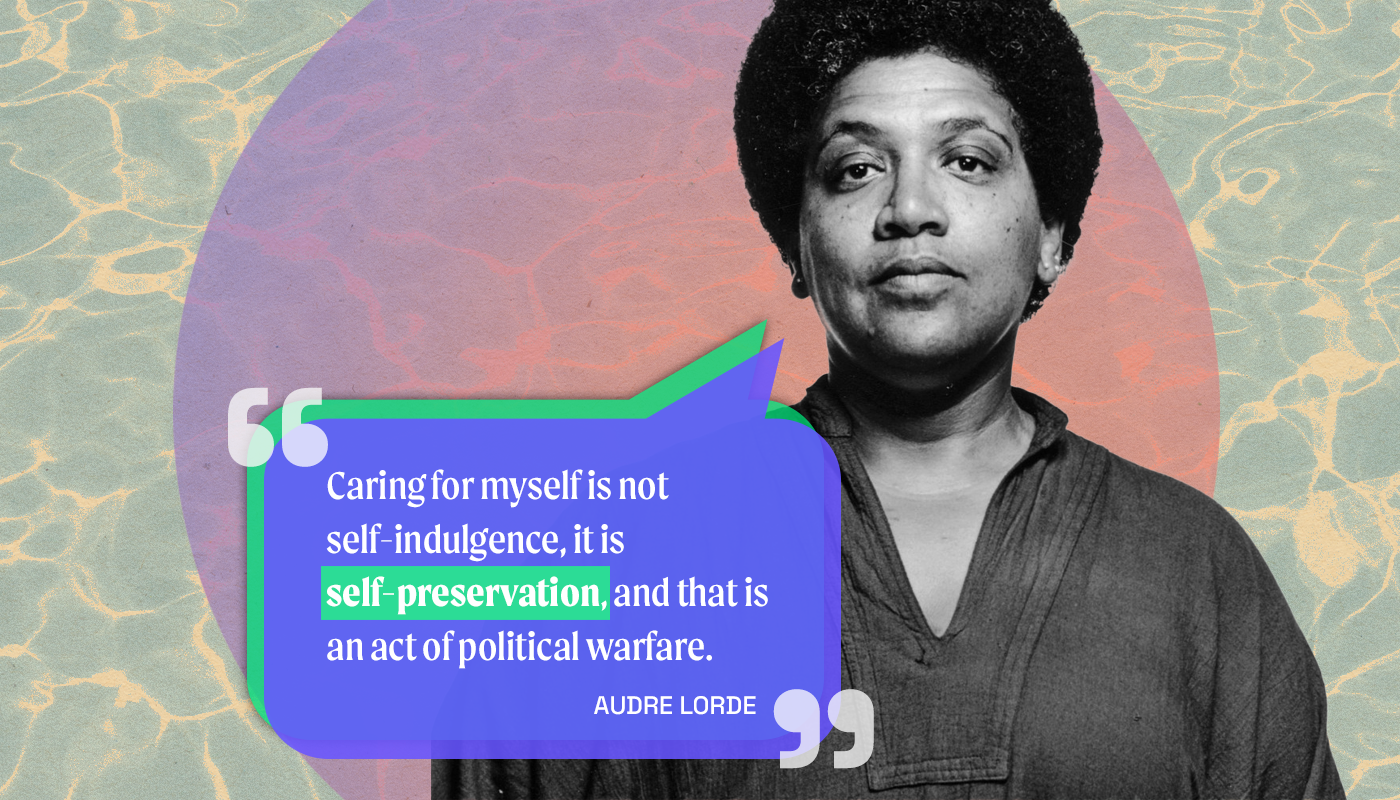Calling all leaders! To celebrate diversity, first, support diverse teams
Acknowledge employees’ unique experiences to create a culture where everyone belongs.

All too often we hear a company publicly celebrate pride month only to learn their internal policies harm and exclude queer employees. We heard countless companies stand and say Black Lives Matter, while their leadership boards still lack Black executives. On International Women’s Day, companies shared celebratory posts only to be called out for their own gender pay gaps. Example after example, this shallow approach to diversity, equity, inclusion, and belonging (DEIB) places companies in a vulnerable position of hypocrisy and at odds with stakeholders — whether clients, consumers, or their own employees. If our workplaces are to ever become the beacons of diversity we declare them to be, we must first reimagine what it means to celebrate diversity. In other words, company leaders can only celebrate diversity by first supporting the needs of their diverse team — starting with those most marginalized.
4 steps to creating diverse and inclusive workspaces worth celebrating
1. Start by assessing the current state. Learning who employees are and the unique identities they hold allows leaders to build effective policies that support their needs. Take the time to explore in detail so as to not overlook the specific issues, barriers, and challenges different groups of employees face.
To better understand employees’ experiences, consider the following methods:
- Anonymous surveys give employees an opportunity to answer specific demographic questions and are a great way to gain a deeper knowledge of employees’ backgrounds. Are some experiencing anxiety? What percentage identifies as Black? How many are parents? Collecting demographic data can be a first step in learning just how diverse the company is. Some companies have offered incentives to boost participation.
- Ask employees outright what issues matter to them and what they’d like to see. Many people have hidden aspects of themselves, from invisible disabilities to ambiguous identities, that they might not disclose. Giving employees the opportunity to share their experiences will help identify areas for company culture improvement. A client of mine shared that a considerable portion of their employee population had experiences with either depression or anxiety and felt unnecessarily questioned when they submitted PTO or sick days. This information helped company leaders assess and address the unconscious signals their company culture was sending.
2. Actively seek out underrepresented voices. After gaining a deeper understanding of employees’ many identities, some crucial follow-up questions include: Which other groups, communities, and identities are absent? How do we remove barriers to make the talent pipeline accessible to candidates?
Celebrating and honoring diversity should include intentionally hiring people from different communities. Though it has been said ad nauseam, it is important to note the wealth of evidence suggesting companies that lack diversity, including racial, ethnic, and gender diversity, are not as advanced and innovative as their counterparts. Ask yourself, who does not have a seat at the proverbial table? What can be done to ensure that we are attracting employees from diverse backgrounds?
Hack
Conduct an equity audit to assess inclusion and equity within the workplace. The answers will help identify areas to improve so everyone is welcomed and uniquely equipped with the support they need.
3. Amplify underrepresented voices. To celebrate diversity, amplify and uplift underrepresented and marginalized employee voices. Oftentimes when employees are “the only” within their organizations, they may feel tokenized; the organization uses them for diversity clout without actual support. Think about the ways company initiatives uplift and amplify employees from different backgrounds. What sorts of cultural celebrations take place?
There should be ongoing education so employees can gain a deeper understanding about identities and groups outside of their own. One of the most critical parts of celebrating diversity is ensuring that all employees have the knowledge and understanding of different communities. It may sound overly simplistic but the key is asking employees how they’d like to see their cultures and communities honored and celebrated. Employee input is a vital part of celebrating diversity within the workplace.
4. Prioritize the needs of the most marginalized. Lastly, celebrating diversity is ineffective without prioritizing the needs of your most marginalized employees. By centering the needs of our most marginalized employees, other employees will also benefit from these interventions. An example: Sponsorship programs, affinity groups, and educational workshops can impact workplace inclusion, providing unique support for marginalized communities and educating others to increase cultural understanding.
Creating initiatives that ignore employees’ differences will not be effective or sustainable. Organizations that commit to celebrating diversity must recognize that supporting employees is not one-size-fits-all. Ensure everyone gets the tools to understand a) these differing supports that are required and b) how to mitigate and remove systemic barriers that employees may be experiencing. Much of the power to create these changes lies within the hands of leadership. Consistently honoring diversity requires powerholders, in particular, to understand the needs of the most marginalized employees, prioritize these needs, and keep them at the forefront of the mind when developing policies, practices, and programming. ![]()








